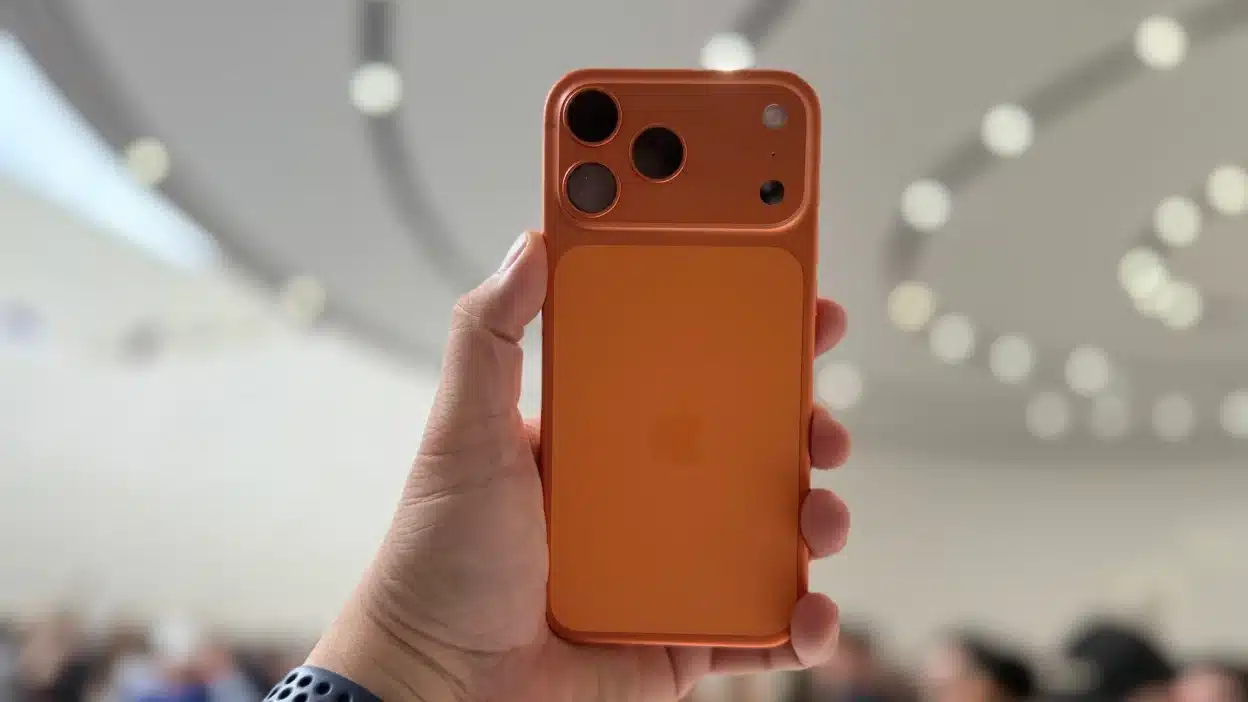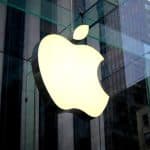Tensions are rising between Apple and London’s Metropolitan Police (Met) as both sides argue over the city’s growing wave of iPhone thefts. Each claims the other is not doing enough to address the issue.
The Met says Apple has access to the National Mobile Phone Register (NMPR), a key database for tracking stolen devices. However, police allege the company fails to act on the information. They say Apple checks the database daily for network verification but does not use it to identify stolen phones.

Apple Defends Its Efforts
Apple rejects the claims and highlights its strong anti-theft tools, including Stolen Device Protection and the Find My network. These features have helped law enforcement recover devices and expose criminal groups.
Gary Davis, Apple’s head of security and privacy, stated that policing should focus on catching criminals, not monitoring databases. “We fully support investigations through verified requests,” he said, adding that Apple responds quickly to official inquiries about stolen phones.
Apple is also exploring a potential feature that could automatically block an iPhone’s IMEI once reported stolen. However, the company warns that this approach could be abused by false ownership claims.
Broader Crime Implications
The Met argues that phone theft goes beyond missing devices. Many stolen phones end up funding organized crime, including knife offenses, drug trafficking, and child exploitation.
In 2024, more than 80,000 phones were stolen in London. Authorities have not confirmed how many were iPhones, but Apple devices remain top targets due to their resale value.
This ongoing dispute reveals a wider struggle between technology companies and law enforcement. Both agree on the need for public safety, yet their strategies differ. While Apple focuses on digital security, the police want stronger corporate cooperation to stop theft at its source.












